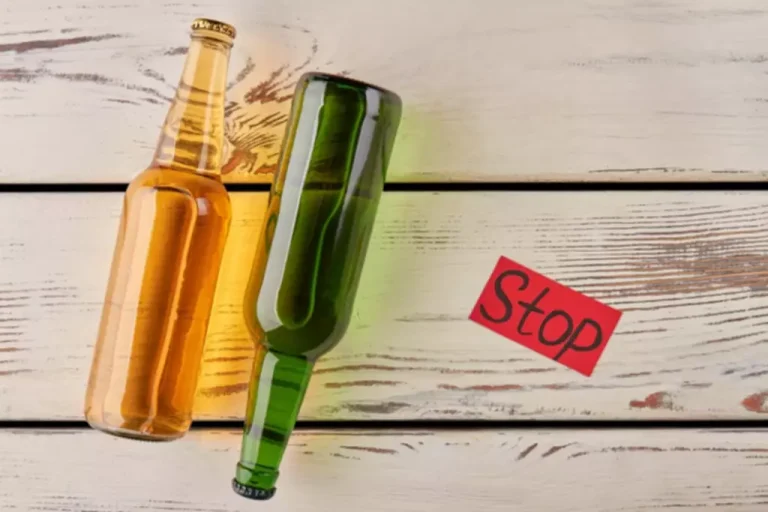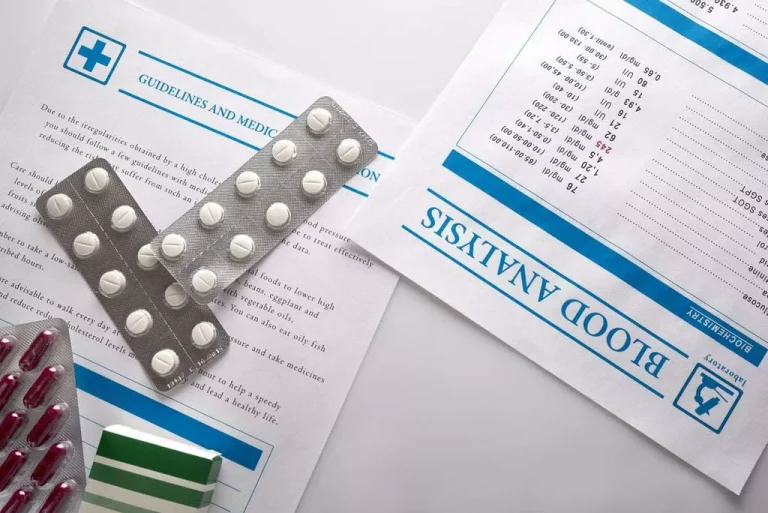
Severity is based on the number of criteria a person meets based on their symptoms—mild (2–3 criteria), moderate (4–5 criteria), or severe (6 or more criteria). If someone is helping a person with AUD, they must be mindful not to enable drinking behavior. During AUD recovery, a person should focus on taking care of themselves and engaging in positive self-care behaviors. If the previous steps do not work, and the person continues to drink and not seek treatment, it may be time to stage an intervention.
Helpful Links
Take the assessment and get matched with a professional, licensed therapist. If you tend to drink too much whenever there is any alcohol in the house, get rid of it altogether, the NIAAA recommends. Food can absorb the alcohol in beverages, so eating before or even while you drink can dampen the effect and may make you want to drink less, says Crews. You might reach for alcohol when you’re really just thirsty, says Crews. Drink a cup of soothing tea or a tall glass of water before you imbibe—once your thirst is quenched, you may not feel the need for as much—or any—alcohol.

What to Do If Your Loved One Relapses
We publish material that is researched, cited, edited and reviewed by licensed medical professionals. The information we provide is not intended to be a substitute for professional medical advice, diagnosis or treatment. It should not be used in place of the advice of your physician or other qualified healthcare providers. Whether you want to take a break from drinking or you’re quitting alcohol for keeps, bring in some pros to help. If you don’t have a regular doctor, see a primary care provider or visit a free health clinic near you.
Behavioral Treatments
There are many different treatments that can help you during the process of overcoming an addiction, including medical and psychological approaches. There is no one “right” type of addiction treatment, although some approaches are better supported by research than others. During these early stages of the process, you might be in denial about the effects of your addiction. As you become more aware of the problems you are facing, you might then struggle with feelings of ambivalence even as you become more aware of your need to overcome your addiction.
Help for Alcoholics: Where to Find Sobriety Resources
If you’ve become dependent on alcohol, cutting it out of your life may produce withdrawal symptoms, such as a rapid heartbeat, high blood pressure, sweating and shaking. Psychological symptoms can include irritability, anxiety and restlessness. how to overcome alcoholism Medical experts now use the term “alcohol use disorder” rather than “alcohol abuse” to address the concern of excessive drinking. If you’re living with alcohol use disorder, treatment at a medical rehabilitation facility is your best option.

1. Set a quit date. It might be helpful to choose a meaningful date like a special event, birthday, or anniversary.

- In addition to therapy, support groups, and self-help options, you should consider some of the medications that are available which may improve your chances of quitting alcohol successfully.
- It’s not enough to know it in your brain, it’s how you implement that into your life,” she explained.
- Combining therapy with support groups can greatly improve your odds of success.
- So far, there’s no consensus on the medical definition of recovery in alcohol treatment literature.
